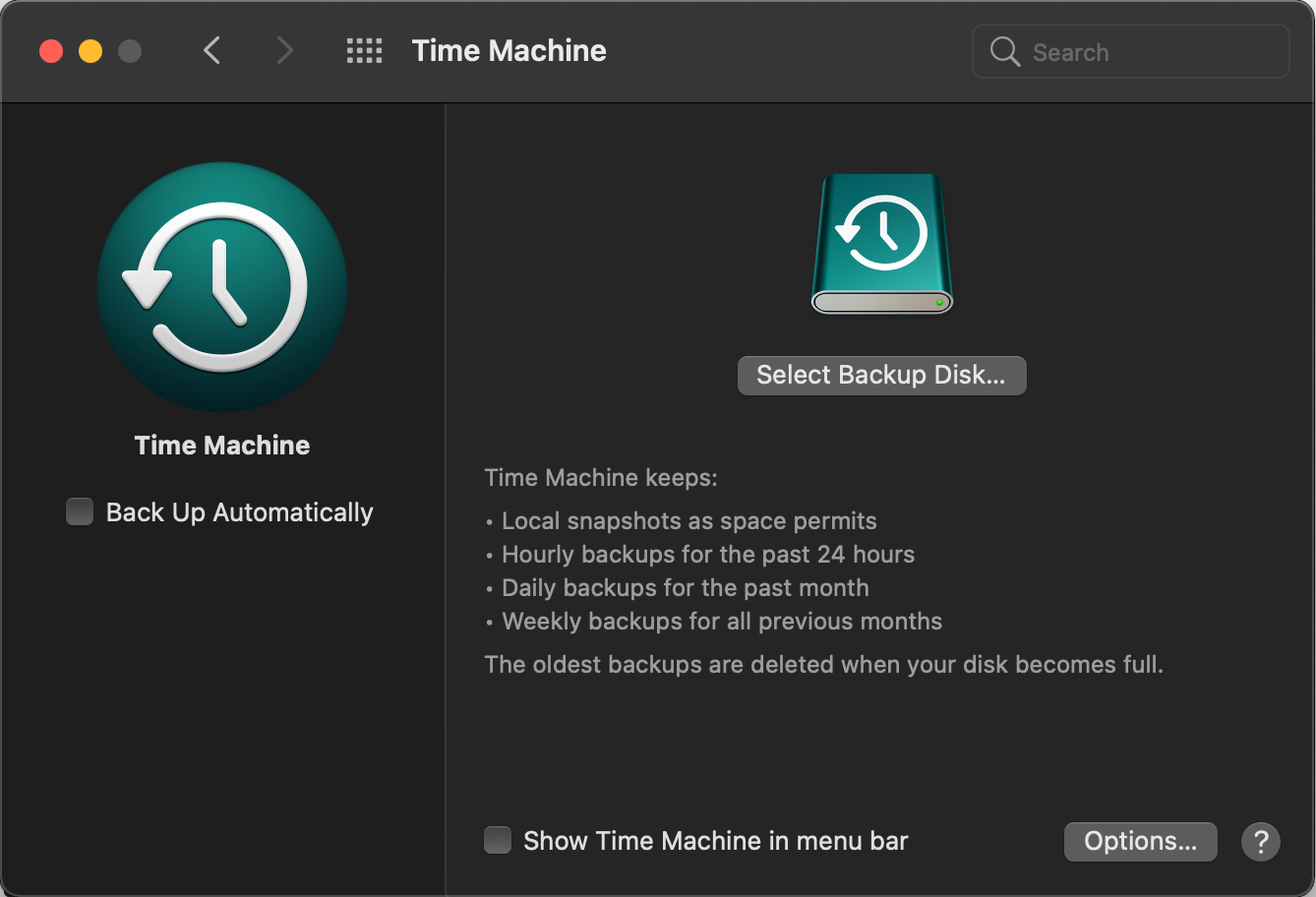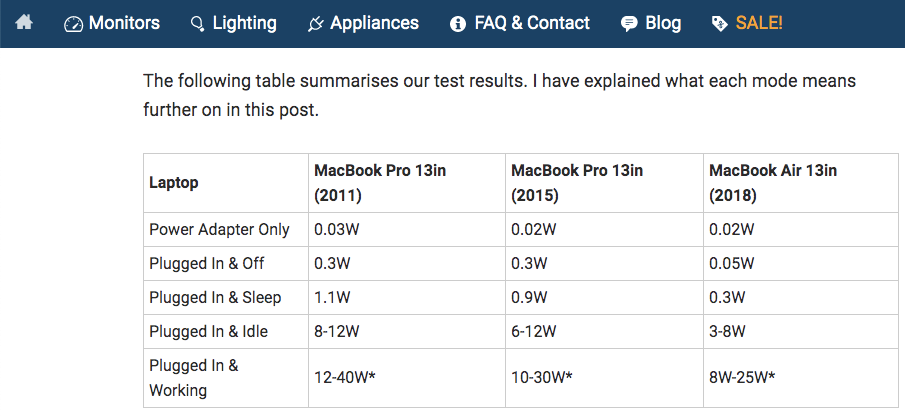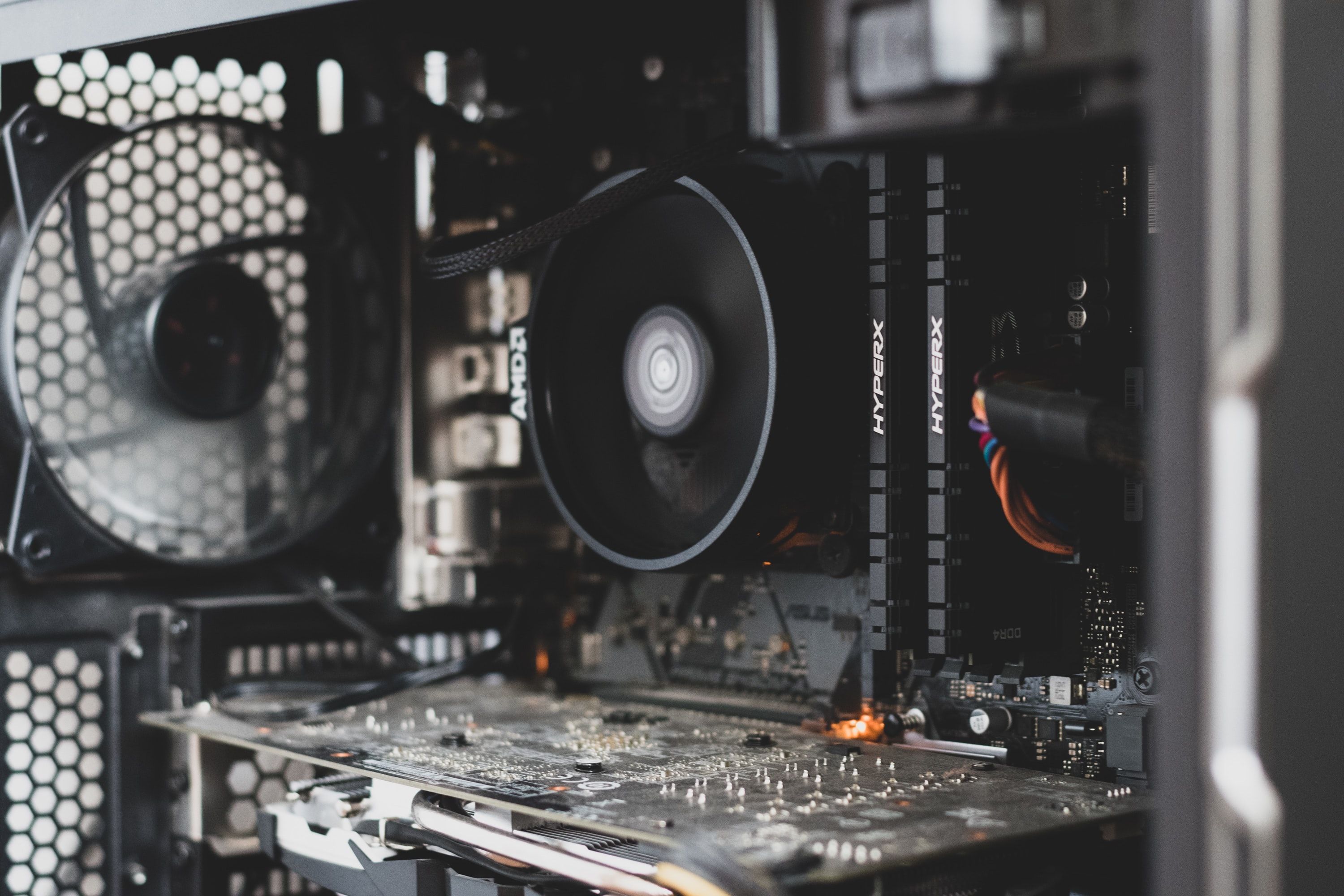Should You Leave Your Computer on Continuously
It's been one of the most long-running discussions in computing: is leaving your PC or laptop on overnight bad, or should you always turn it off?
There are actually some pretty solid arguments for either approach, meaning the answer depends on how you use and how much you use the computer. Let's take a look at some of the pros and cons.
Why You Should Leave Your Computer on All the Time
There are several good reasons why you should always leave your PC on overnight. It's not just about being quicker to get started, but it can enhance your computer's functionality.
1. It's More Convenient
The main reason why you'd want to leave your computer on is for convenience. Rather than having to wait for it to boot, it's always ready to go.
A typical system with an SSD will take up to 30 seconds to boot into the operating system—and it could be up to a minute or more on an older machine with a hard drive. If you have a large number of programs that are set to launch on boot, it'll all take longer.

Leaving the computer on bypasses this problem. Awakening your PC from Sleep mode will take just a couple of seconds, and all your previously launched apps will also still be running.
2. Your Computer Will Stay Up to Date
There are numerous tasks that are essential to maintaining your computer and data. Almost all of them are better off being performed overnight.

Installing operating system updates, creating backups, running virus scans, or uploading large amounts of data, such as moving your music or photo collection to the cloud, all take some time and use varying amounts of system resources and bandwidth.
Leaving them to run while you're away from your computer or even scheduling them to happen at night will keep you fully up to date without interfering with any other work you are doing.
3. You'll Always Have Access to It
Having your computer turned on all the time enables you to run certain pieces of software that would otherwise be off-limits.
This includes remote access software, such as Remote Desktop in Windows. You'll never have to experience the frustration of leaving an important file on your desktop at home. You can just log in remotely on your phone, tablet, or work computer and grab whatever you need.
Why It's Bad to Leave Your Computer on All the Time
But does leaving your computer on damage it? You probably turn all of your other devices off when you've finished using them, and here are five good reasons why you should do the same with your PC.
1. Every Component Has a Limited Lifespan
It's a simple fact that all hardware has a finite lifespan.
A monitor's backlight is typically rated for a lifespan in the tens of thousands of hours. A laptop battery's capacity will noticeably shorten with as few as 300 charge cycles, while some SSDs are only good for around 3000 program/erase cycles (although in many cases they're much higher).

In reality, you're likely to have upgraded your computer long before you hit any of these limits. But by leaving your computer on you are putting it under constant stress, albeit a small one. It's also generating heat, which is one of the biggest factors in reducing your hardware's lifespan.
2. It Wastes Power
It goes without saying that leaving something turned on when you aren't using it is a waste of energy. But how much?
A 13-inch MacBook Air from 2018 has been measured as using up to 25 watts in moderate use. This drops to 8W when idle, and in Sleep mode, it plummets to just 0.3W.

So, there's a massive difference between the power consumption of a computer that is active, idle, and sleeping. Turning the monitor off saves a large amount of power, and putting it into Sleep mode saves even more. However, in Sleep mode, you'll lose many of the benefits of leaving the computer on, such as being able to access it remotely.
You should also note that a computer turned off but still plugged in will continue to use around a small amount of power. So if you do want to reduce how much power your PC uses, be sure to pull the plug after you turn it off.
3. It Won't Be at Risk From Power Surges and Cuts
A power surge or power cut is a relatively rare but very easy way of damaging a computer.
Power surges are most often thought of as relating to lightning strikes, but they can also be caused by high-power household appliances such as fridges. If the surge is great enough, it can cause damage to any electrical items, not least the sensitive components in a computer.

You can guard against this by plugging the PC into a surge protector. These are recommended for general use anyway, but even more so if you plan to leave your computer on all the time.
4. Reboots Improve Performance
Does leaving your computer on slow it down? Back in the day, regular reboots were an integral part of a computer user's life, just to stop the machine from grinding to a halt.
This is no longer the case. Modern operating systems are very adept at managing resources, and if you choose never to turn the PC off you won't notice too much degradation of performance.

However, a reboot is still the most effective way of solving many of the day-to-day errors you'll encounter. Whether it is an app that is crashing or a printer that has stopped working, a quick restart will often fix it.
Turning your computer off at the end of the day flushes the system and ensures you will start fresh and, hopefully, bug-free the following morning.
5. It's Quieter
Finally, depending on where you keep your computer, you might want to turn it off simply because it is quieter. You can silence the alerts and notifications easily enough, but you'll still have the ambient noise from the fan and the clicking hard drive to contend with.

Naturally, this won't be an issue with a modern, fanless laptop sporting a low-power CPU and SSD. But for a more traditional desktop system, switching it off is the way to a peaceful life.
Is It OK to Leave Your Computer on All the Time?
There's no point turning your computer on and off several times a day, and there's no harm in leaving it on overnight to run a full virus scan either. A computer will also benefit from being rebooted from time to time, and in the height of summer, it's a good idea to give it a chance to cool down properly.
So, should you leave your PC on or turn it off? Ultimately, it depends on your needs. If you're going a few days without using it, then by all means power it down. But if you need it to be up and ready to go at all times, there's little harm in leaving it on for as long as you need it.
morrisonloultorge.blogspot.com
Source: https://www.makeuseof.com/tag/pros-and-cons-of-leaving-your-computer-turned-on-all-the-time/
0 Response to "Should You Leave Your Computer on Continuously"
Post a Comment